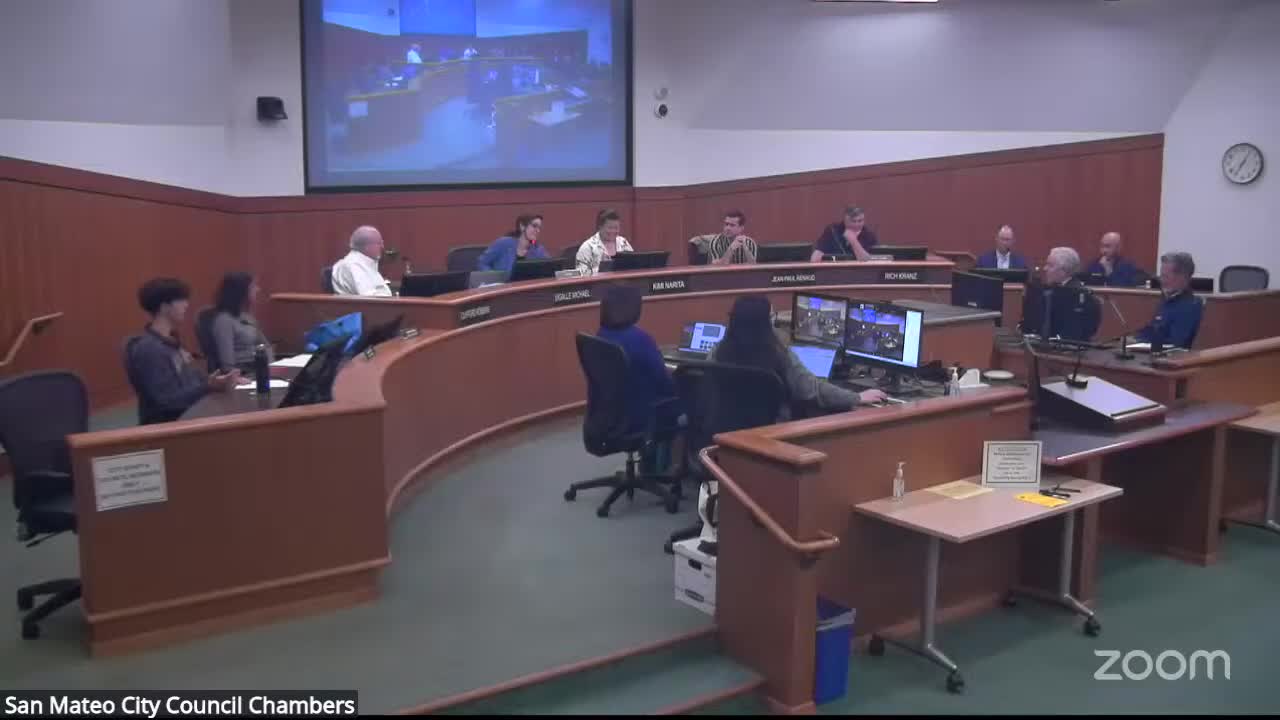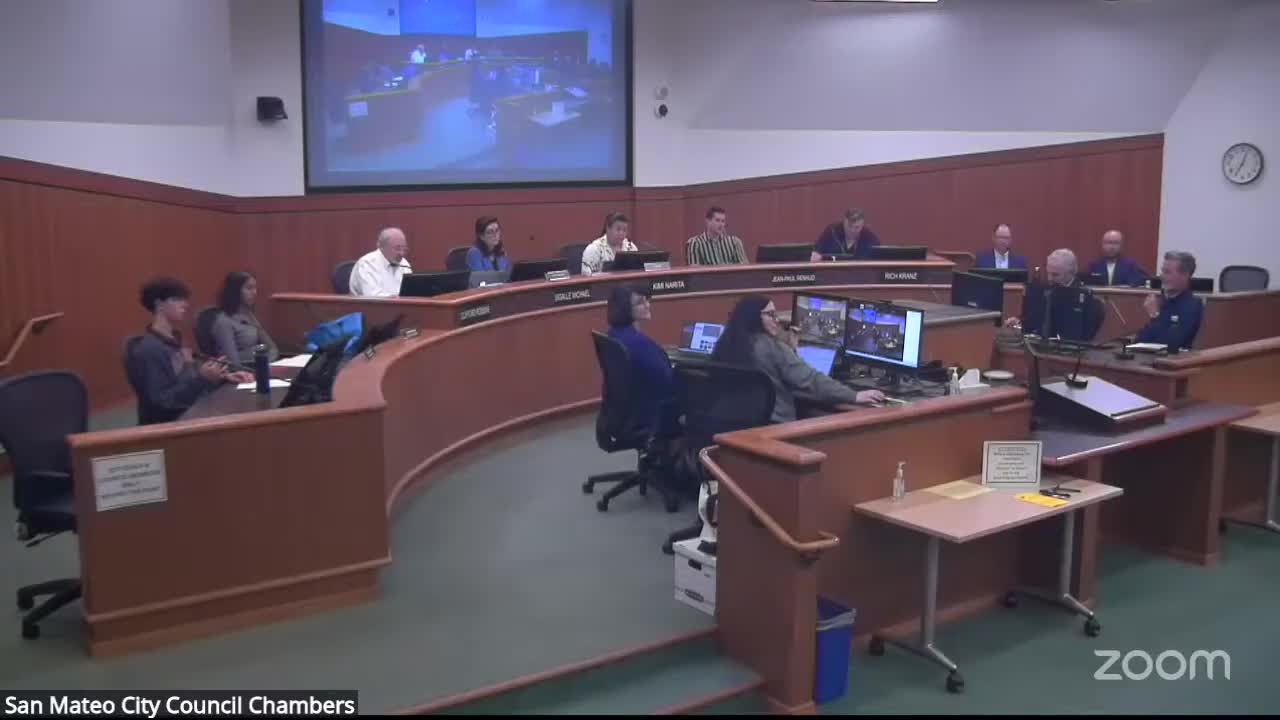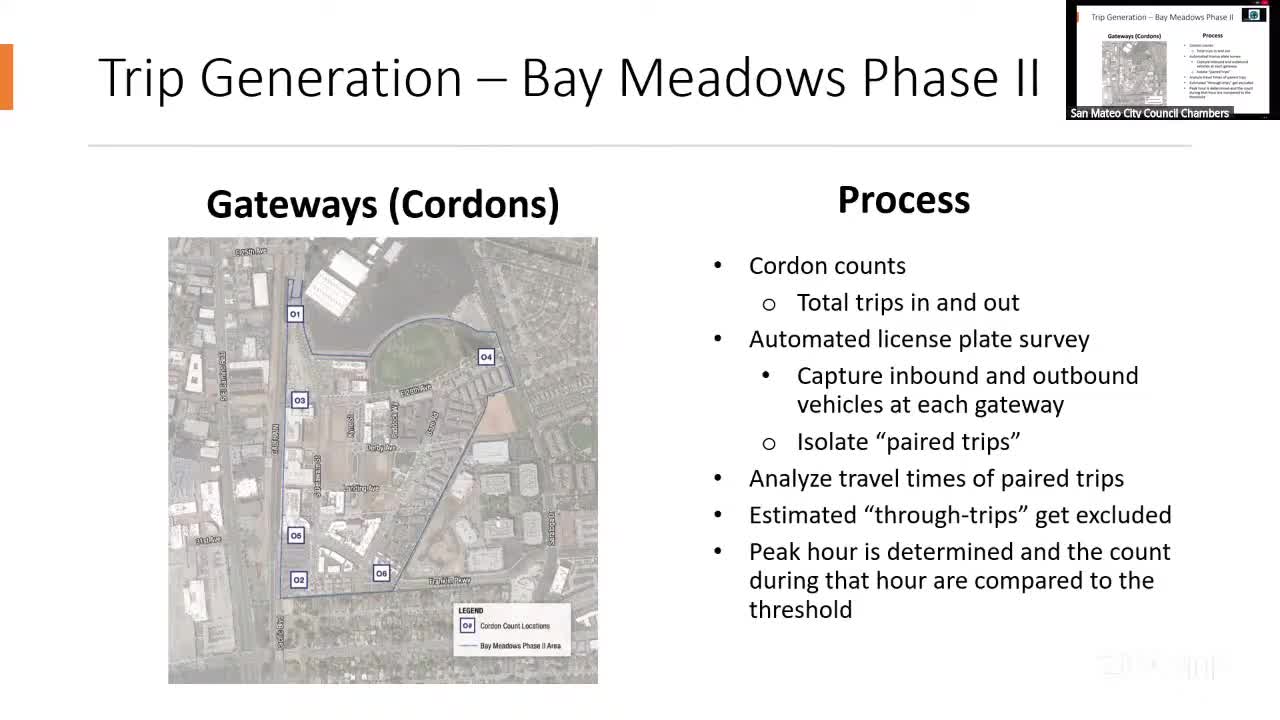Article not found
This article is no longer available. But don't worry—we've gathered other articles that discuss the same topic.

Commission recommends 2024 Rail Corridor TMA annual report be sent to City Council after review of trip counts and one noncompliant site

Sustainability and Infrastructure Commission approves consent calendar and elects Michael as chair, Kranz as vice chair

